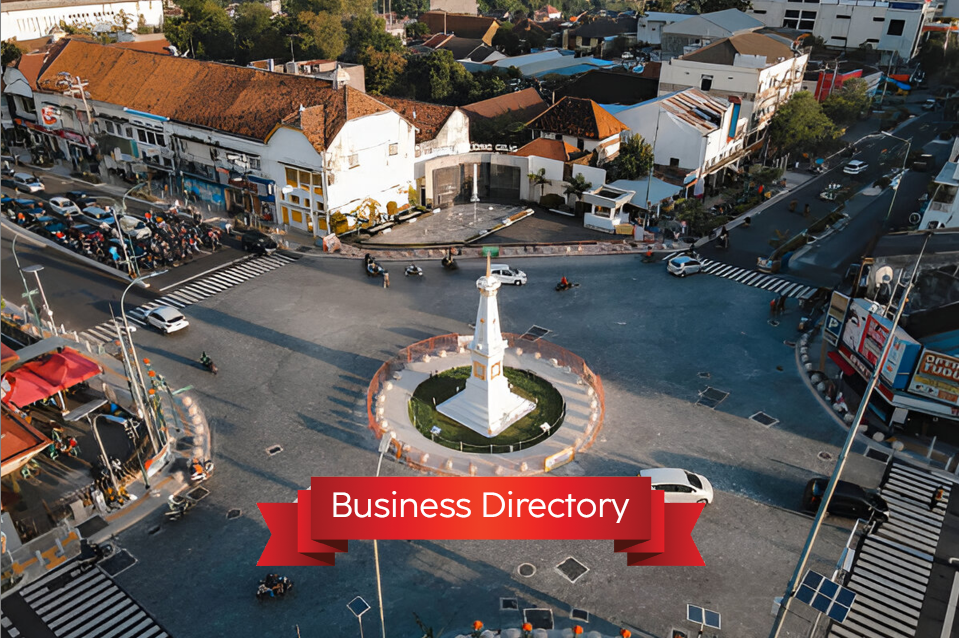The development of financial inclusion in Indonesia remains a major focus for many, particularly in the micro-segment that involves millions of people. To strengthen the role of Microfinance Institutions (MFIs), the Financial Services Authority (OJK) has just launched the 2024-2028 MFI Development and Strengthening Roadmap. With a vision to make MFIs strong, reliable, and impactful in empowering communities, this roadmap is expected to bring significant changes to the microfinance sector. What are the main focuses of this roadmap, and how will it impact the community?
Microfinance Institutions play a crucial role in supporting financial inclusion in Indonesia. By targeting the micro-segment, MFIs help small communities, particularly micro-entrepreneurs, gain easy and affordable access to financing.
MFIs are often a lifeline for communities that do not have access to formal banking services. However, challenges such as low public trust, lack of technological innovation, and limited capital still hinder the development of MFIs.
What is Microfinance?
In today’s modern era, not everyone has equal access to formal financial services. This is where the concept of microfinance comes into play as a solution. Microfinance is a financial service system designed to help low-income individuals or those in the informal sector who struggle to access traditional banks.
MFIs hold a strategic role in providing financial access to communities that are not reached by other financial institutions.
According to OJK data, there are currently 253 MFIs across Indonesia, with 174 conventional-based institutions and the rest based on sharia principles. The MFI sector’s assets have grown by 9.73%, reaching IDR 1.64 trillion.
Services offered typically include microloans, savings, insurance, and financial education. The goal is to empower small communities so they can better manage their finances, increase their income, and break free from poverty.
Read also: Les Village in Buleleng, Bali, Named Best Tourism Village at ADWI 2024
The importance of microfinance in Indonesia cannot be overstated. As a country with a large population and significant economic inequality, microfinance becomes a strategic tool for expanding financial inclusion.
Many micro-entrepreneurs, such as market traders, farmers, or artisans, rely on these services to run their businesses. Without MFIs, they would likely be stuck with informal lending institutions with high-interest rates.
However, this sector faces numerous challenges, including poor management and limited technological capabilities. To address these, the OJK has taken strategic steps by launching the 2024-2028 MFI Development and Strengthening Roadmap.
OJK Launches the MFI Roadmap
On Monday (November 25, 2024), the Financial Services Authority (OJK) officially launched the MFI Development and Strengthening Roadmap for 2024-2028.
Agusman, Chief Executive of the OJK’s Financing Institution, Venture Capital, Microfinance, and Other Financial Services Institutions, explained that the roadmap is mandated by Law No. 4 of 2023 on the Development and Strengthening of the Financial Sector (UU P2SK).
The roadmap consists of four main pillars. The first focuses on governance, risk management, and institutional strengthening. The second addresses empowerment, education, and consumer literacy. The third is about developing and strengthening ecosystem elements. The fourth focuses on enhancing regulations, supervision, and licensing.
You may be interested: Weighing the Pros and Cons of 12% VAT in Indonesia by 2025
Along with this launch, OJK is also preparing an OJK Regulation (POJK) for MFIs. This regulation will categorize MFIs by scale, including small, medium, and large enterprises, with specific criteria. Additionally, the POJK will include guidelines on loan quality assessment, loan write-off provisions, and the health level of MFIs based on specific aspects.
Going forward, OJK plans to delegate authority to regional OJK offices for operational activities such as licensing and supervision of PVML, including MFIs. This move aims to bring OJK closer to business operators and the public, enabling faster, more accurate decision-making that meets local needs.
Why is Microfinance Important?
Microfinance plays a significant role in supporting an inclusive economy. By providing easy and affordable financial access, small communities can contribute to national economic growth. Furthermore, MFIs often become the only lifeline for rural populations who are yet to access formal banking services.
A study by the World Bank shows that countries with higher levels of financial inclusion tend to experience better economic growth and lower poverty rates. This is highly relevant for Indonesia, which has a large population in the informal sector.
With the launch of this roadmap, MFIs are expected to become trusted financial institutions for the micro-segment, supporting government programs, and contributing to community empowerment and consumer protection based on good corporate governance principles.
The 2024-2028 roadmap is a visionary step toward transforming MFIs into stronger, more reliable institutions that meet the needs of the times. The success of this program will not only depend on OJK but also on collaboration from various parties, including the government, private sector, and communities.
If you are a micro-entrepreneur looking to grow your business or an individual seeking innovative financial solutions, Bizindo is here to support you. With our business consultancy, licensing services, and financial management expertise, we are ready to help you take advantage of the latest government policies. Together with Bizindo, make your dream of success in the modern economy a reality.





 20% off today. Whatsapp us!
20% off today. Whatsapp us!